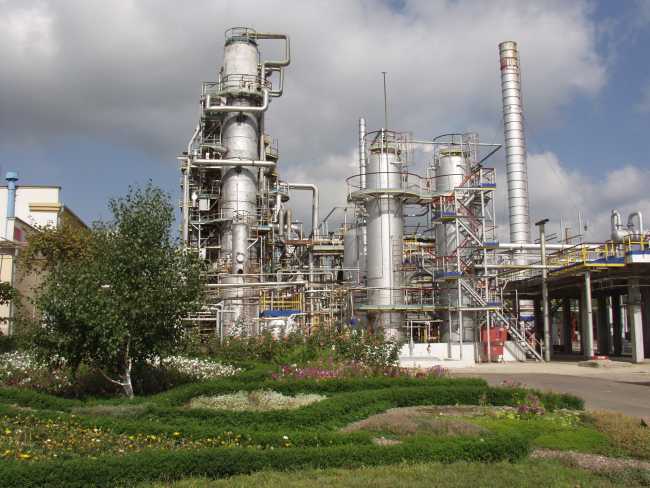
“Karpatneftekhim” failed to remove the arrest from the property
The Nikolaev Court of Appeal rejected the complaint of Karpatneftekhim LLC against the determination of the investigating judge of the Bratsk District Court of the region, which seized the company’s assets in the case of tax evasion of more than 2.2 billion hryvnias. About this edition 368.media became known from the materials of the court case No. 471/714/22.
According to the investigation, officials of Karpatneftekhim, acting in collusion with persons who controlled the Cypriot companies Fanlo Holdings ltd and Lukoil Investments Cyprus ltd, as well as the Russian oil company Lukoil, during 2017-2021 did not include taxes in financial taxation on profit the value of written-off accounts payable, as a result of which the income tax was underestimated by a total of UAH 2.27 billion.
In addition, officials in the period 2017-2020, based on the results of export-import operations, underestimated the object of taxation in the amount of UAH 521 million. Also, the financial statements do not reflect operations for the supply of goods by Olfis LLC in the amount of UAH 655 million, as a result of which income tax in the amount of UAH 98 million is underestimated. On October 7, 2022, the Court of First Instance granted the request of the Office of the Prosecutor General to seize the real estate of Karpatneftekhim LLC.
In turn, on February 21, 2023, the Nikolaev Court of Appeal rejected the appeal against the decision of the court of first instance.
The list includes 35 real estate objects – administrative, industrial buildings and structures, workshops, bases, etc., including 8 land plots. The vast majority of real estate is in Kalush. There are also objects in the former Rozhnyatovsky district, the village of Tomashevtsy, Kalush district, in Irshava, Transcarpathian region and Drohobych, Lviv region.
The company was formerly owned by the Russian Lukoil, now the Dutch Karpaty Chemical, whose beneficiaries Ilham Mammadov and Igor Shchutsky bought the plant after it fell under sanctions. After the start of the Russian invasion, the enterprise stopped work.









